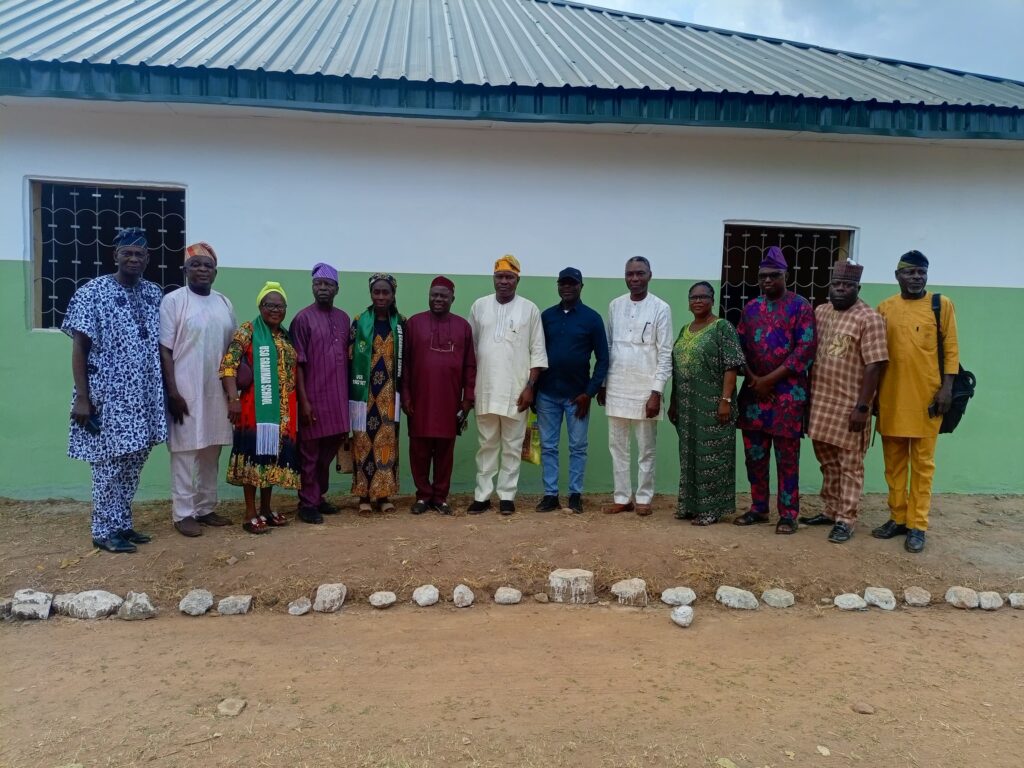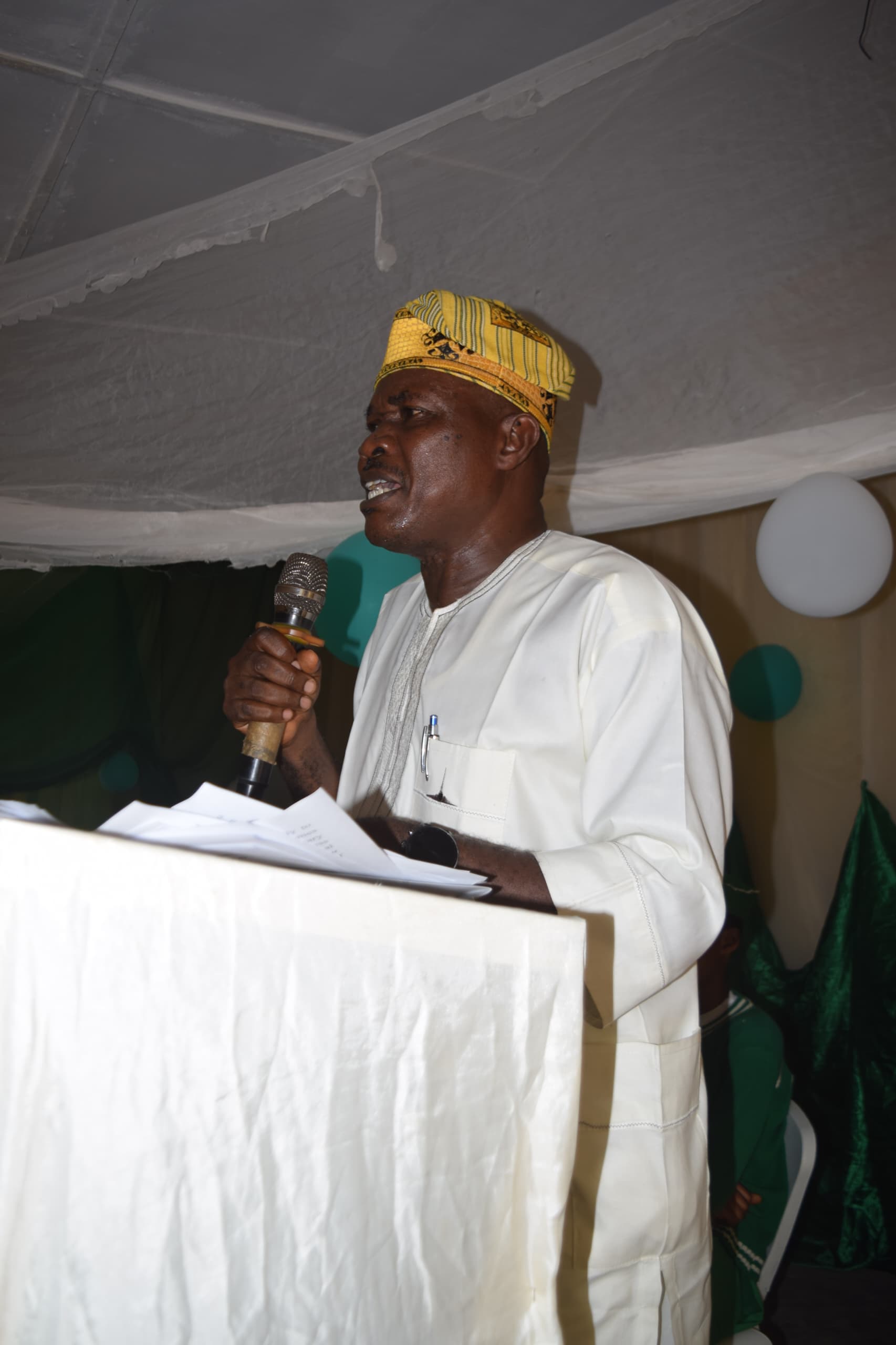Nigeria must urgently reform its education sector to remain globally competitive and equip its young people for a rapidly changing world, Professor Femi Omotoso, a renowned political scientist and former Dean of the Faculty of the Social Sciences at Ekiti State University, has warned.
Delivering the Golden Jubilee Lecture of the Old Students Association of Uso Grammar School on Friday, Prof. Omotoso said the country stands “at a critical crossroads” where old systems of teaching and national development have become inadequate in addressing emerging challenges.
Speaking on the theme “Education in Transition: Sustaining Excellence in a Changing World,” the scholar noted that global technological advancements, shifting societal values, and increasing digital interconnectedness are redefining how nations prepare their citizens for the future. Nigeria, he said, cannot afford to lag behind.
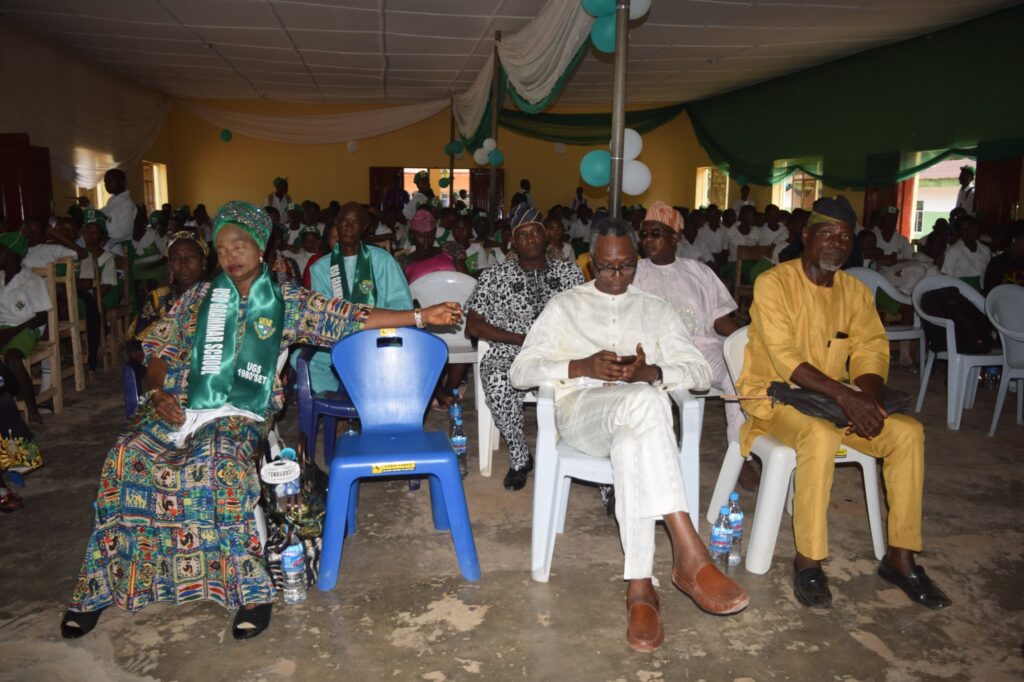
Prof. Omotoso painted a troubling picture of Nigeria’s current educational landscape, stressing that the system faces significant challenges in access, funding, quality, and relevance.
Citing UNICEF and World Bank reports, he revealed that Nigeria has over 18 million out-of-school children, representing 15 percent of the global total, with girls in northern states disproportionately affected. He also expressed concern that Nigeria allocates only 5–8 percent of its national budget to education—far below UNESCO’s recommended 15–20 percent.
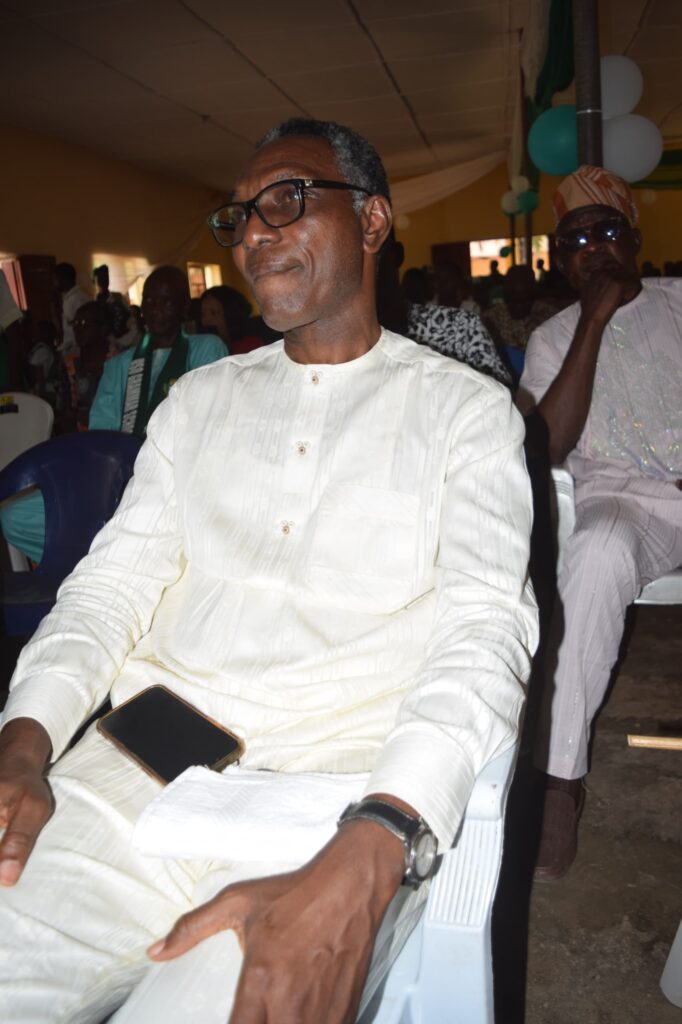
“Infrastructure is collapsing, teachers are overstretched and undertrained, and insecurity—especially in the North—continues to keep millions of children away from school,” he said. “Our universities have become unstable due to recurring strikes, and our curriculum still emphasizes memorization over critical thinking and problem-solving.”
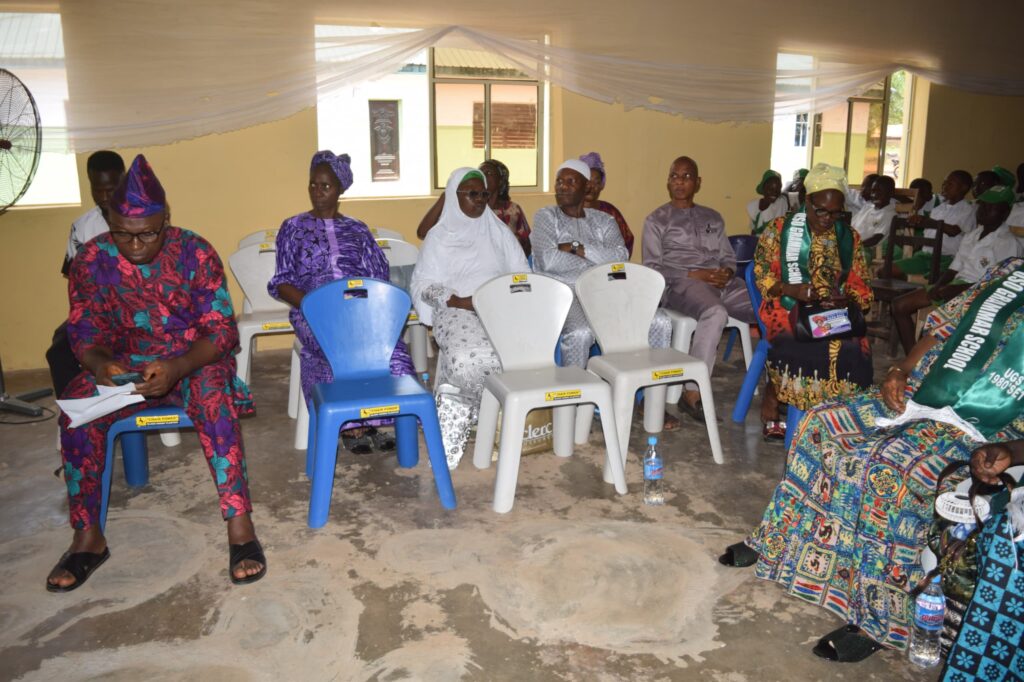
According to Prof. Omotoso, sustaining excellence in a changing world requires a systemic educational shift that prioritizes skills over certificates and innovation over theory.
He argued that Nigeria must transform its schools into centres for generating practical solutions to local problems.
“This transition is not optional,” he said. “It is the foundation for building a sustainable Nigeria, one defined by economic vibrancy, social fairness and environmental responsibility. We must equip our youth with digital skills, entrepreneurial capacities, and the resilience to thrive in a rapidly evolving global environment.”
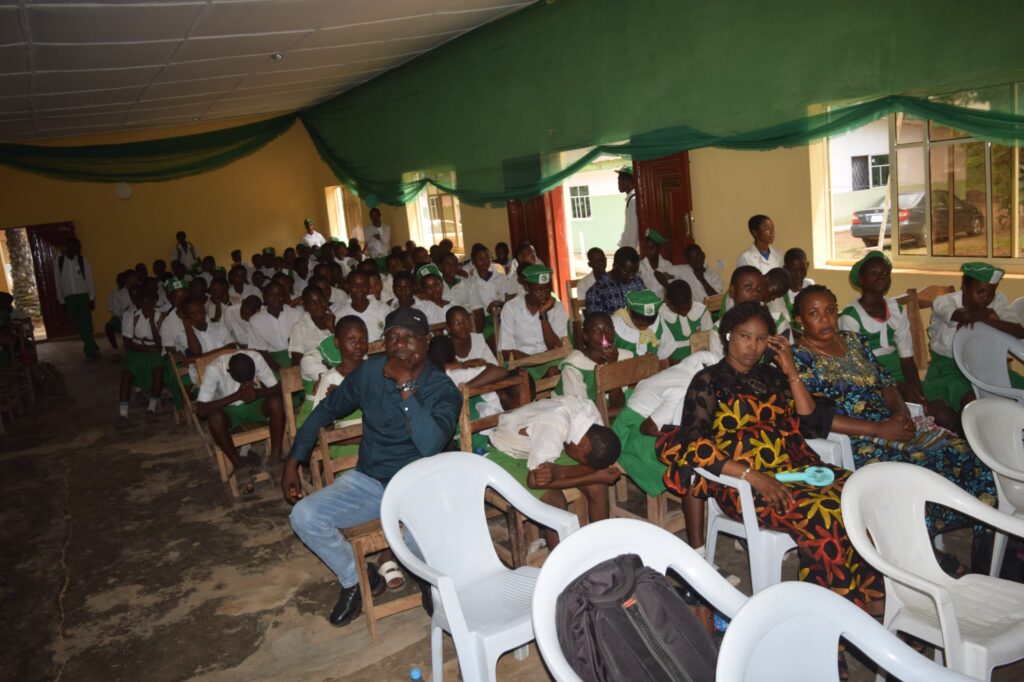
He highlighted recent government efforts, including the Student Loan Scheme, free and compulsory education initiatives in several states, and the World Bank-assisted AGILE programme but stressed that far more needs to be done.
Prof. Omotoso urged federal and state governments to increase investment in infrastructure, teacher training, curriculum reform, and digital learning facilities, noting that no nation can rise above the quality of its education.
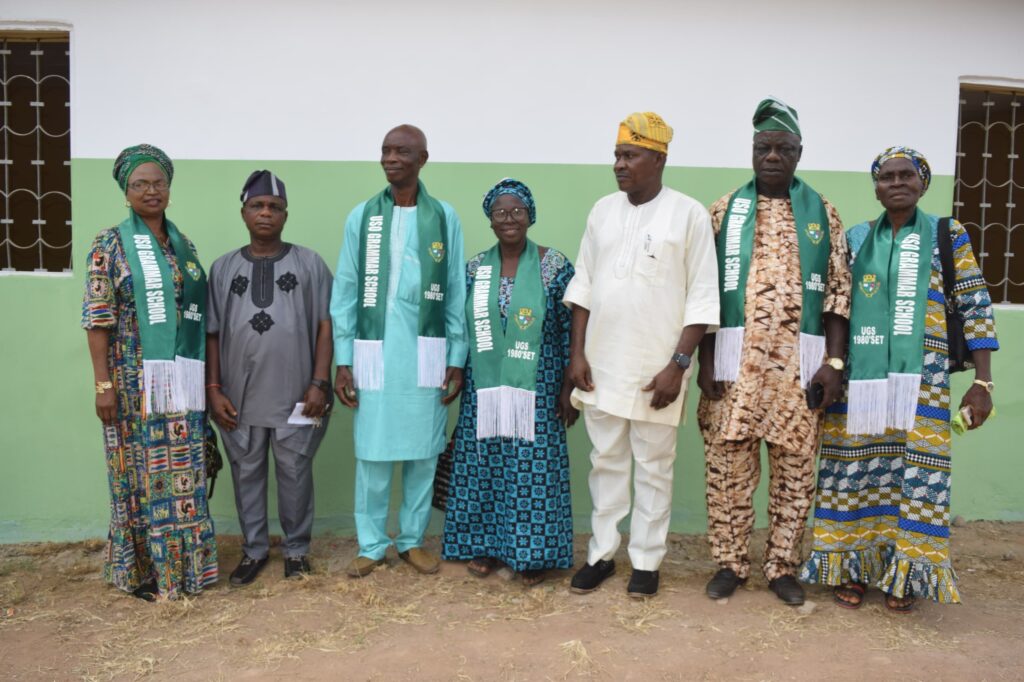
“The world is moving fast. Nations that fail to invest in their young people will be left behind,” he said. “Nigeria must break the cycle of underfunding and reposition its schools to produce problem-solvers, innovators, and leaders.”
The lecture was part of activities marking the 50th anniversary of Uso Grammar School, where old students, royal fathers, education stakeholders and community members gathered to celebrate the school’s legacy and discuss its future.
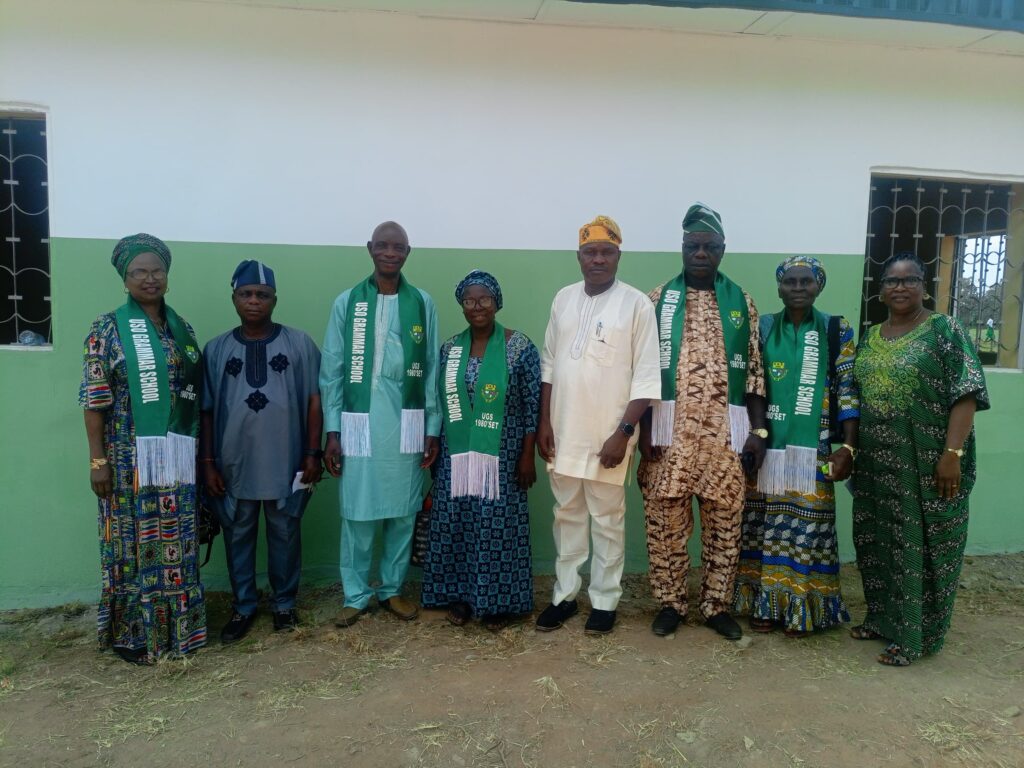
As the Golden Jubilee celebrations continue, Prof. Omotoso’s message serves as both a reflection and a warning: for Nigeria to secure its future, it must reinvent its education system today.

